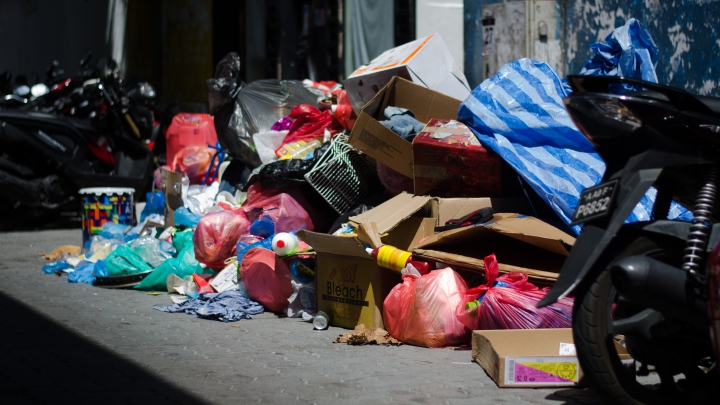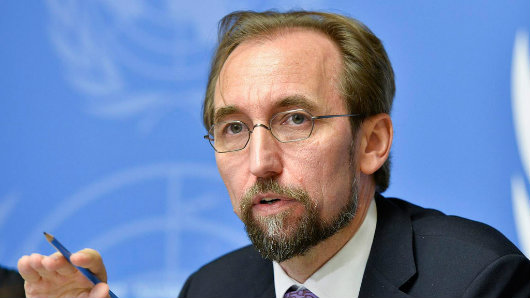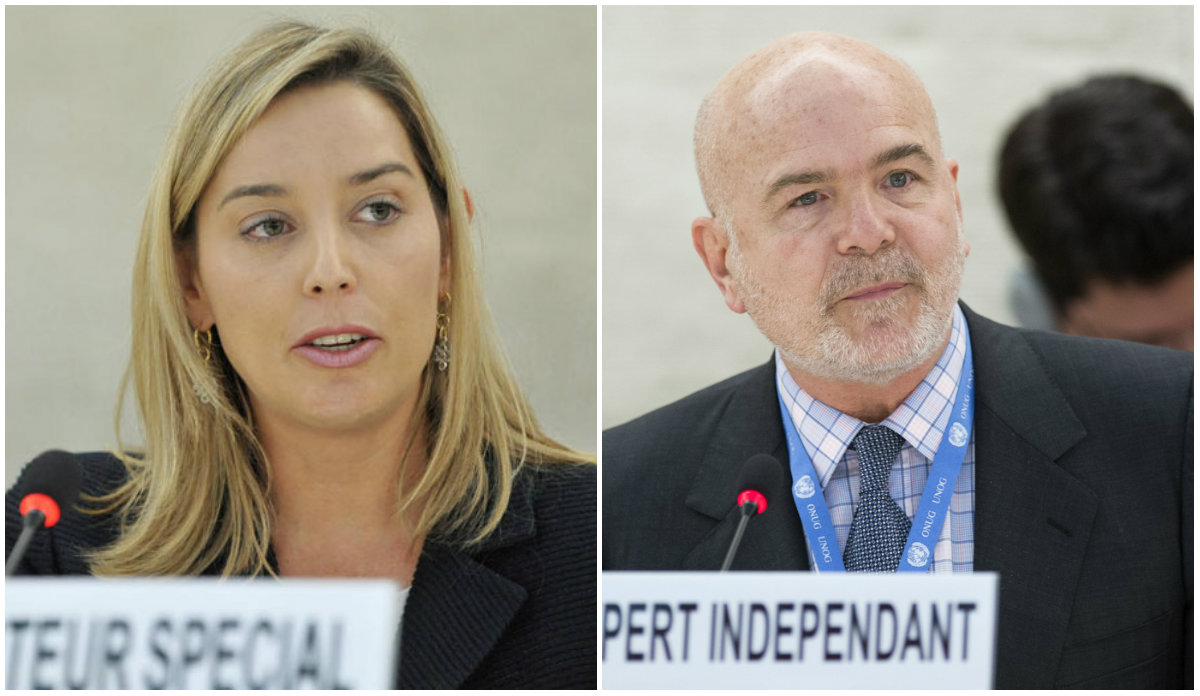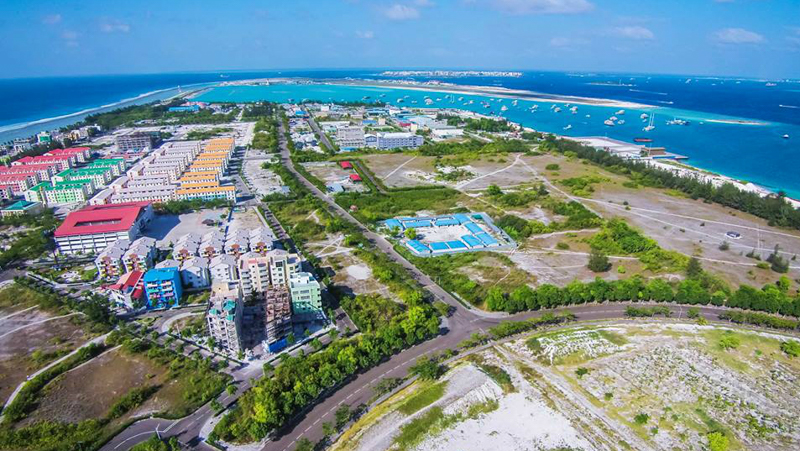The Supreme Court judgment, which bars the human rights watchdog from communicating with foreign organizations, appears to weaken its ability to engage with the UN human rights system and is “yet another example of the judiciary undermining human rights protection in the Maldives,” a UN rights chief has said.
The apex court on Tuesday declared a rights assessment submitted to the UN by the Human Rights Commission of the Maldives (HRCM) as unlawful, and issued a legally binding 11-point guideline.
The guideline requires the HRCM to communicate with foreign bodies through relevant government institutions, and warn against causing damage to the reputation of the Maldives.
The High Commissioner for Human Rights Zeid Ra’ad Al Hussein in a statement on Friday said it was “completely unacceptable” for the Supreme Court to impose restrictions on the commission’s engagement with international bodies.
“In this case, the Supreme Court appears to be yet again overreaching its mandate by playing a legislative role. Laws regulating the very important human rights monitoring and reporting work of civil society and independent institutions must be transparently adopted by legislative bodies following wide consultations and open debate, in line with international human rights and standards,” he said.
The guideline was issued under controversial suomoto regulations that allow the Supreme Court to prosecute and pass judgment.
The charges relate to an HRCM report to the UN’s Universal Periodic Review, in which the commission said the Supreme Court controlled and influenced the lower courts to the detriment of the Maldivian judiciary.
The UPR studies the human rights record of all 193 UN member states and is aimed at supporting and expanding the protection of human rights.
The Maldives underwent a second inspection in May. Nations across the world criticized the Maldives over the politicization of the judiciary and raised concern over the Supreme Court’s prosecution of HRCM.
Zeid reminded the government that it had committed to ensuring the HRCM’s independence after the UPR. The foreign ministry had also committed to ensure that the HRCM and other civil society groups would be able to participate in international mechanisms without reprisals.
Noting that three new commissioners are to be appointed for August and September, Zeid said: “The appointments must be made through a participatory, transparent and consultative selection process, with the extensive involvement of civil society.
“New commissioners must be selected on the basis of their proven commitment to human rights, integrity and independence, not their political loyalties.”
President Abdulla Yameen has nominated a former MP of the ruling Progressive Party of the Maldives (PPM), the wife of a current PPM MP and a senior official at the gender ministry for the HRCM. The three are expected to gain parliamentary approval as the ruling coalition enjoys a comfortable majority in the parliament.
The International Service for Human Rights (ISHR), a Geneva-based advocacy group, has said the Supreme Court’s ruling is a clear breach of the Maldives’ membership of the UN human rights council.
The Maldives was first elected to the council in 2010 and re-elected for a second term in November 2013.
“For a member state of the UN Human Rights Council to retaliate against a national human rights institution for providing a report to the council is tantamount to contempt and is plainly incompatible with membership of that body,” ISHR Program Manager, Eleanor Openshaw.
The Asian Center for Human Rights has also called for Maldives to be suspended from the council over the imprisonment of ex-president Mohamed Nasheed and other politicians.
Zeid, in his statement also said: “We have long been concerned about the deeply flawed role of the judiciary in the Maldives, including in the case against former president Nasheed.”
The UN Special Rapporteurs on independence of judges and lawyers, Gabriela Knaul, and on the situation of human rights defenders, Michel Forst have described the Supreme Court verdict “an act of reprisal” and urged the court to reconsider its verdict.
In March last year, the Supreme Court had sacked the Elections Commission’s president and vice-president when they criticized a 16-point electoral guideline issued by the court after it annulled the first round of presidential elections in September 2013.
In 2012, the Supreme Court ruled that the anti-corruption watchdog was not authorized to suspend government contracts even if they suspected major corruption.
The president of the Anti – Corruption Commission at the time said the ruling rendered the ACC powerless to stop corruption.
Likes (3)Dislikes
(3)Dislikes (1)
(1) 






